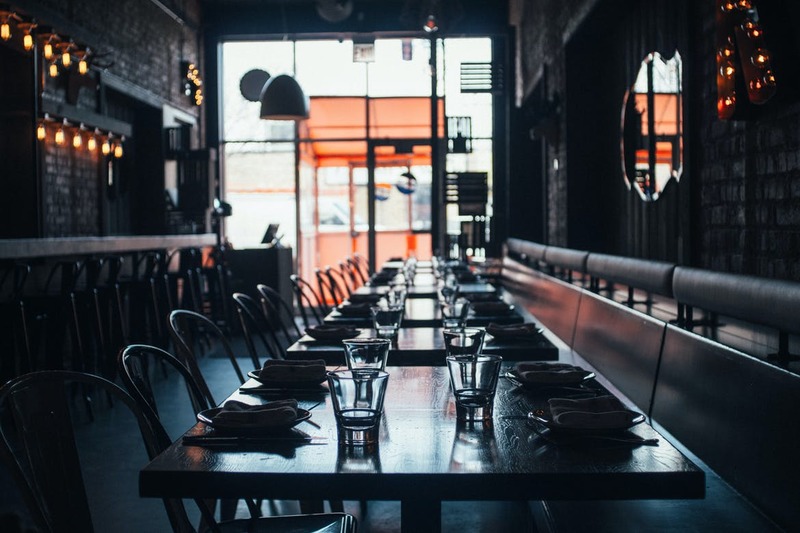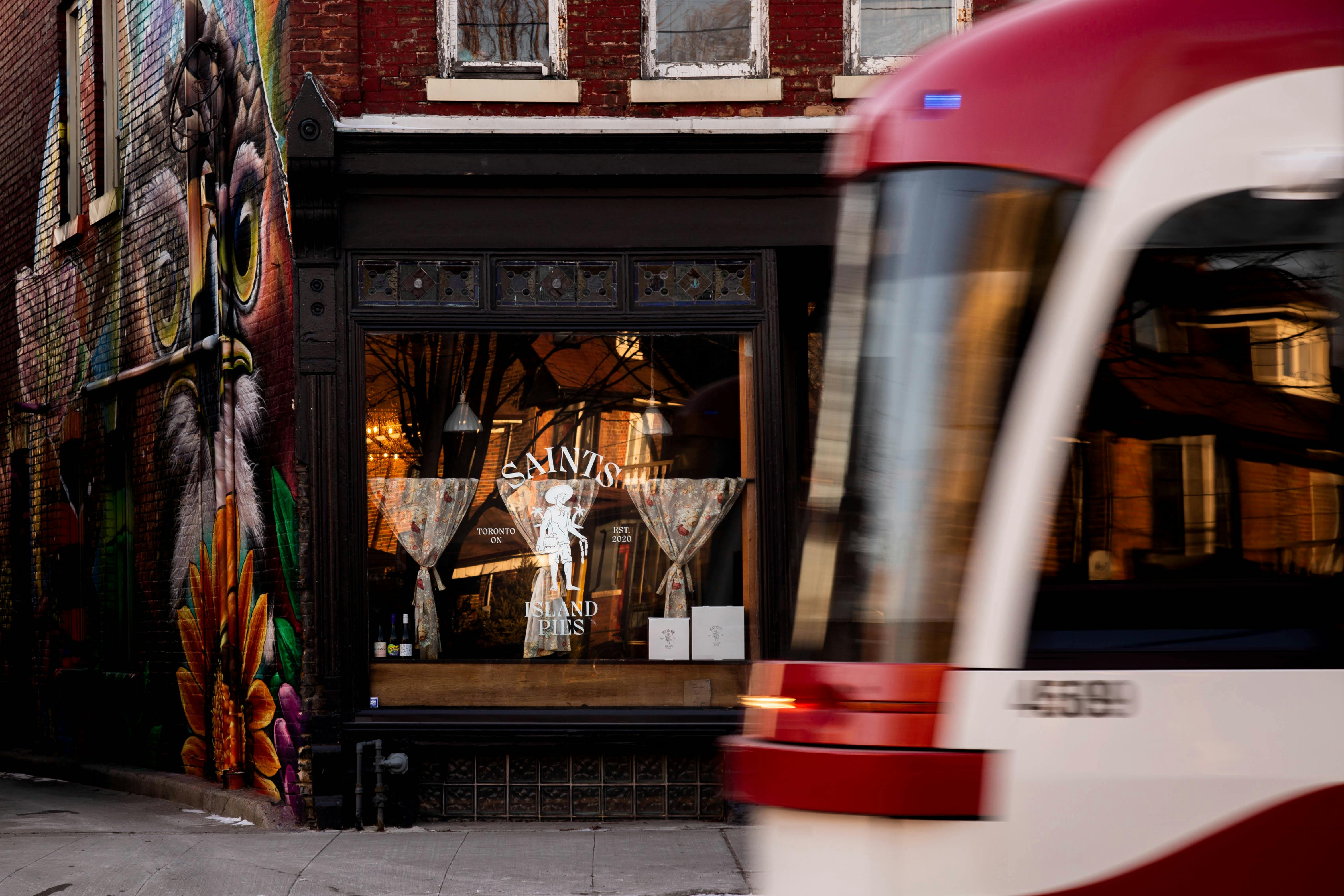
This past year, Canada's food service industry took a devastating hit in the wake of the COVID-19 outbreak. Restaurants struggled to stay afloat, with many shutting down as a result.
Ontario’s food sector is reportedly on track to lose $17.8 billion in sales this year––a projected 48 per cent plummet from 2019, according to Restaurants Canada.
As indoor dining became obsolete, Toronto restaurants were forced to adapt to new circumstances and forge new avenues to generate a sustainable income.
Initially, most restaurants relied on their takeout and delivery platforms to helm the ship as they weathered the storm. However, heavy commission fees from third-party delivery services like Uber Eats and DoorDash hindered restaurants from conjuring the slightest profit.

In November, the Ontario government proposed a law to limit commission rates imposed by third-party delivery companies and came into effect early December. By this time, countless restaurants had already shuttered, with many on the brink of collapse.
Fortunately, many businesses had already discovered new ways to get food to their loyal patrons and build new channels of revenue to stay open.
In support of local restaurants, the Ontario government allowed for the sale of alcohol with takeout and delivery orders. This was later announced to be permanent to assist Ontario restaurants recovering from a dreadful year.
Additionally, many restaurants and food businesses pivoted to meal kits, which varied in type and offerings. While make-at-home meal kits are nothing new, having had companies like Goodfood, HelloFresh and Chef’s Plate running the show, restaurants began curating their own personalized meal kits to sell. Restaurants that served alcohol were able to toss in a bottle of wine or a cocktail kit to add even more to their meals.
Large restaurant groups like Gusto 54, who oversees some of Toronto’s most popular dining spots, launched their own meal kits through six of their restaurants. Other independent restaurants also joined in, like the famed Canoe, offering an elevated meal kit of their own.
Even more recently, small startups like North of Here launched their business centred around the meal kit exclusively. It is a model that lends well to pandemic lifestyle, as it brings the restaurant experience home to the customer.
That can also be said for the other ways restaurants have adapted to the pandemic. Pop-up restaurants revved up this year, occupying kitchens and unused restaurant spaces across the city.
Pop-up culture, though nothing new to Toronto’s food scene, saw a lot of success during the pandemic. Pop-ups are commonly the starting point for most restaurants, as it gives customers a taste of what they’re all about, or even to introduce new concepts by the most well-known chefs in the industry.
Nonetheless, pop-ups have served as a creative culinary outlet for many aspiring and seasoned chefs in Toronto looking to bring their eats to the forefront of the food scene. Chef Ryan Campbell of Il Covo launched his newest venture Gertie’s in early December, serving up mouth-watering peanut butter pies.
Other pop-ups like Saints Island Pies, which launched in July under the name Pabalos Island Pies, saw enough success to take the next step, eventually transitioning into a full-time restaurant.

Virtual kitchens, often referred to as a ‘ghost kitchen’, are food preparation facilities designed solely for delivery and takeout orders. Ghost kitchens became more prominent in 2020, given its cost-effective model and having no need for indoor dining.
With ghost kitchens continuing to dot the Toronto area this year, well-known restaurant titles began to occupy the spaces as well, connecting more customers with their favourite foods.
In March, one of Toronto’s most popular plant-based restaurant chains, Fresh, partnered with Kitchen Hub to launch their first ghost kitchen in Etobicoke. They would go on to open their second virtual kitchen with Ultimate Kitchens under Recipe Unlimited in November.
In lieu of indoor dining, some restaurants had taken advantage of the extra unused space in their restaurants to host pop-up marketplaces, selling different food items, tools, cookbooks and merchandise, which benefited both the restaurant and numerous other small businesses impacted by the pandemic.
Fidel Gastro’s, one of the most iconic Canadian food truck and catering companies, launched their online marketplace, selling some of their most popular food items. The famed Middle Eastern spot Shook, which reopened in 2020 after suffering a fire the year prior, featured an in-store marketplace promoting boutique items from local businesses in the area.
While food service has been one of the hardest-hit sectors this year, those within the industry have not let it get in the way of providing Toronto with the food they love. As we round the corner into 2021, restaurants are sure to continue finding new ways to bring their food and businesses to new heights.










